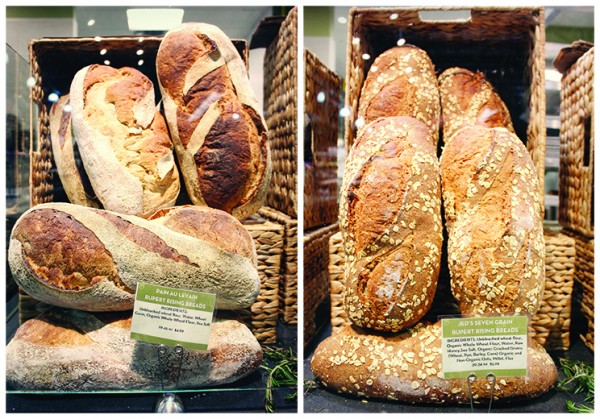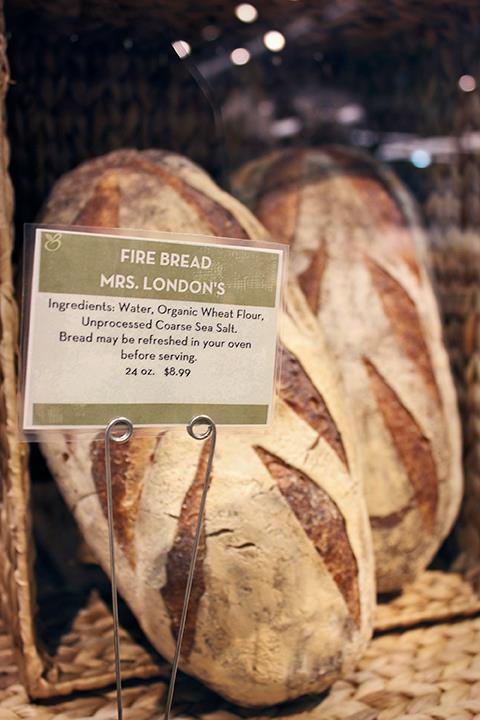Food for Thought from our Saratoga Springs Breads Department
Do Highly Processed Breads Contribute to the Development Of Celiac Disease?
We get many questions about gluten and celiac disease in our Breads Department. Jedediah Mayer recently shared an article with us, written by Hannah Wallace, that was featured in the Health section of the April 8, 2013 bon appetite magazine entitled “The Back-to-Basics Bakeries”. While by no means a final solution, we found this excerpt thought provoking and took us back to the way our breads were made before processed foods became the norm.
‘No one really knows why celiac disease, an autoimmune disorder of the small intestine that’s caused by eating gluten, and gluten sensitivities are on the rise. But celiac disease researchers and plant geneticists have some solid theories, one of which is the abbreviated fermentation times used at industrial bakeries.
“Most of the plastic-wrap bread you find at grocery stores is made very quickly with yeast–it goes from flour to plastic-wrap in three hours or less,” says Stephen Jones, a wheat breeder who is the director of the Washington State University Research Center at Mount Vernon.
What that means is that gluten proteins don’t have time to break down as they would in a bread made by traditional methods, where fermentation takes place over 18 to 25 hours, and that makes it harder to digest. It’s possible, celiac experts theorize, that after years of eating highly processed bread, our guts are rejecting it.
Thankfully, there’s a resurgence of craft bakeries around the country that make bread the old-fashioned way. All of these bakeries ferment their dough with wild yeasts for at least 12-15 hours–often much longer. This not only improves the digestibility of the bread but also lowers its glycemic index. All of these bakers also use “whole-milled” whole wheat flour–that is, flour that’s been milled from its intact state. (To make white flour, industrial mills separate the endosperm from the more nutritious bran and germ. They add them back for whole wheat flour, but some craft bakers speculate that the germ, which goes rancid quickly when removed from the endosperm, is either not added back or is “denatured.”) Some of these bakers even mill their own whole wheat flour in-house.
And perhaps most important of all: These breads taste fantastic!
Read More http://http://www.bonappetit.com/blogsandforums/blogs/badaily/2013/04/long-fermented-bread-bakeries.html
At our Saratoga Springs Healthy Living and Cafe we feature naturally leavened breads from Mrs. London’s and Rupert Rising Breads. Both are available at our full service breads case. We invite you to try these organic breads and taste the difference long fermentation provides.





